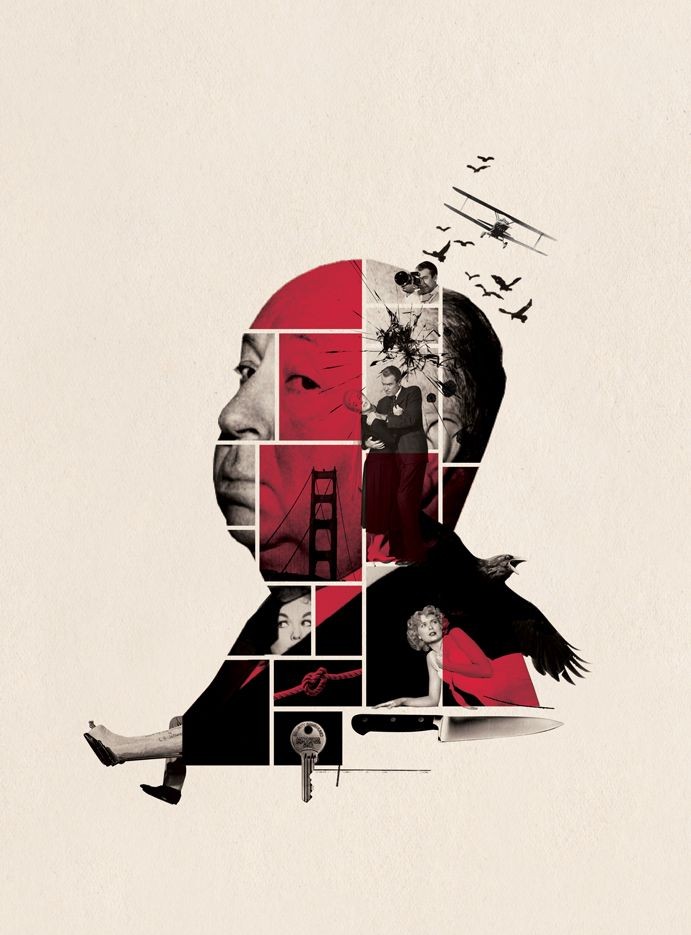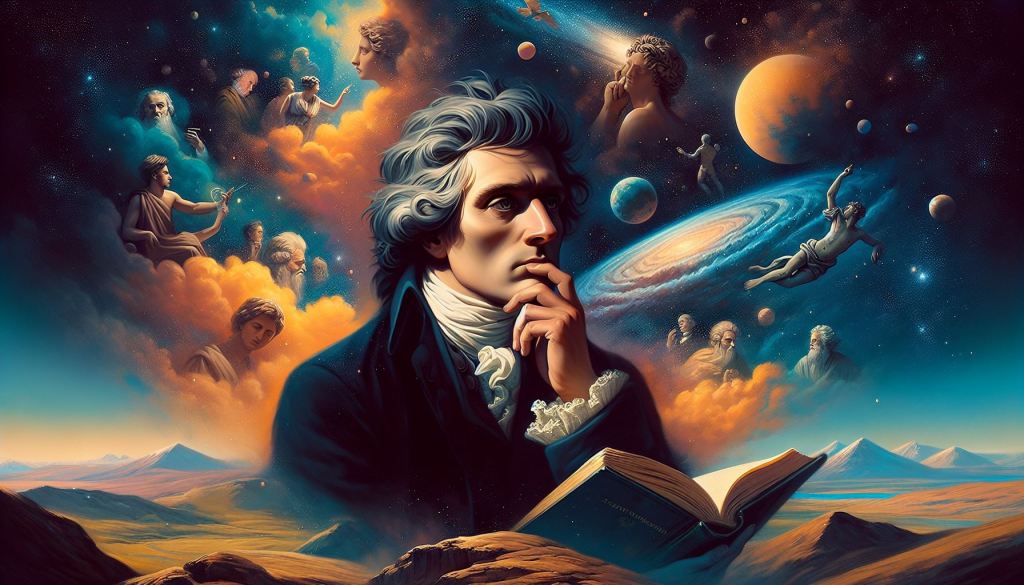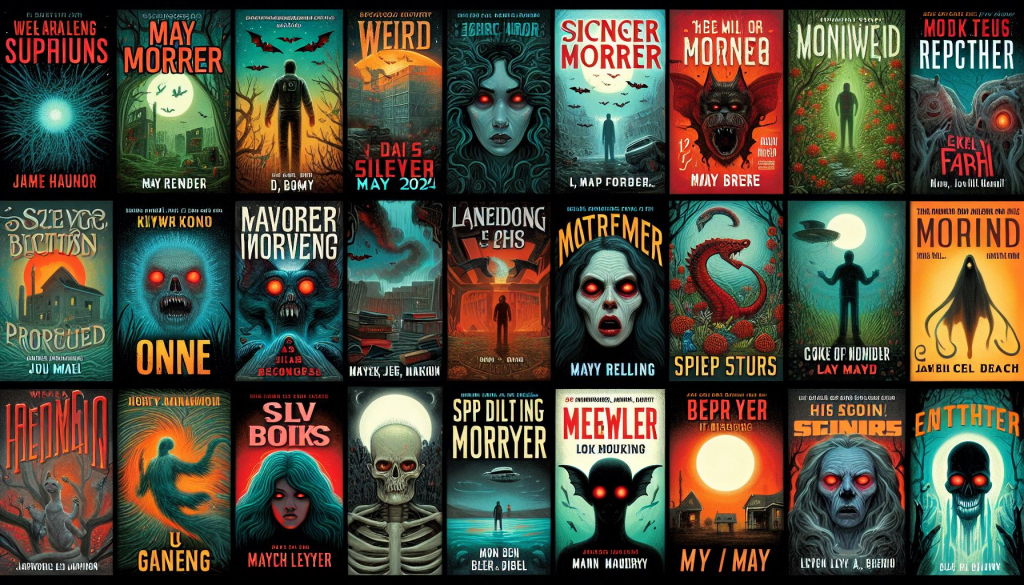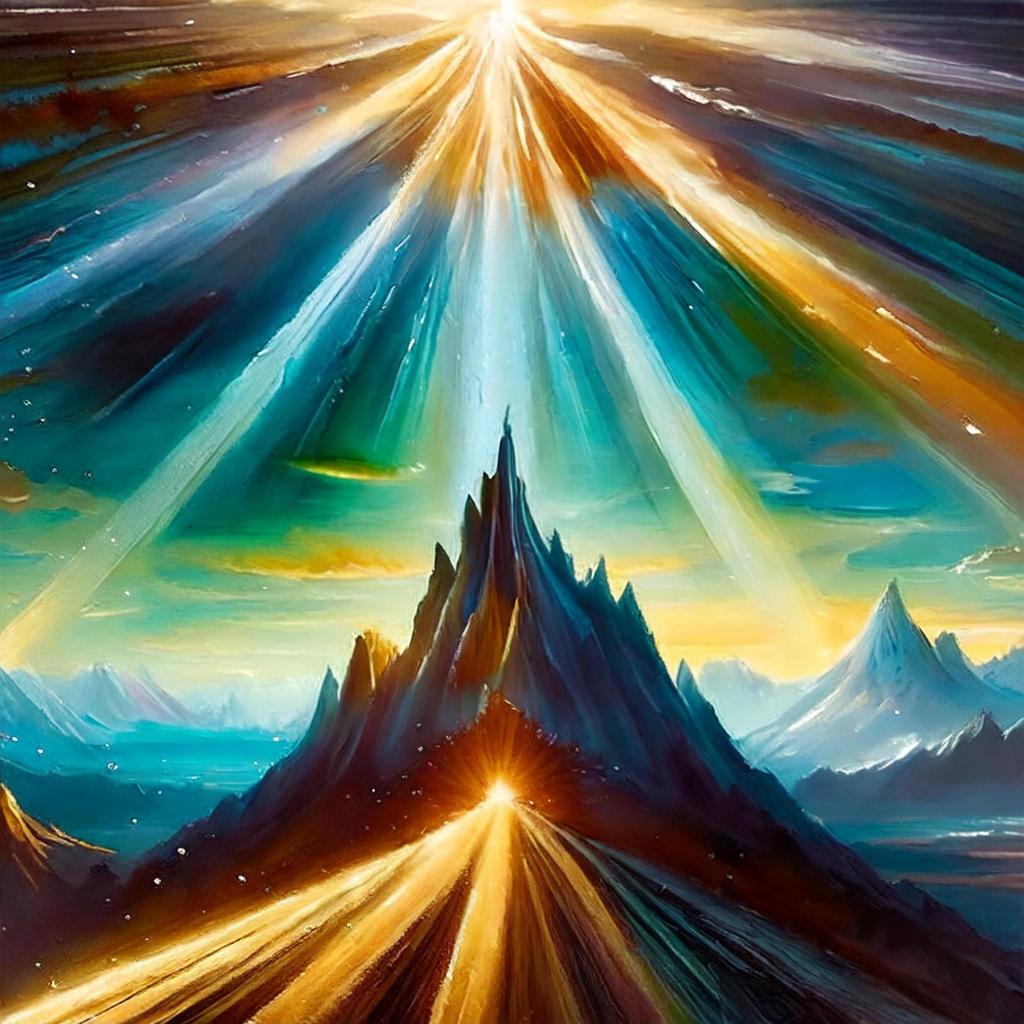Who is Alfred Hitchcock & Why is He Called the Master of Suspense?
Sir Alfred Hitchcock is a legendary movie director known for his suspenseful films. He has been called “the Master of Suspense” because of his ability to keep audiences on the edge of their seats with unexpected plot twists and thrilling scenes. His movies are still regarded as some of the best in cinema history, and they continue to influence filmmakers today. So let’s take a closer look at the life and work of Alfred Hitchcock – the man who changed filmmaking forever!
Alfred Hitchcock’s Top 10 Best Films of All Time
Alfred Hitchcock was a master of suspense and his films have captivated audiences for decades. From the classic Psycho to the iconic Vertigo, Hitchcock’s movies have been praised by critics and fans alike. But which are the top 10 best Alfred Hitchcock films of all time? Let’s take a look at this list and see if you agree with the experts!
10. The Birds (1960)

Based on a (very) short story by Daphne du Maurier, The Birds doesn’t have the dramatic heft of some of Hitchcock’s other finest works, but the film is an essential masterclass in slow-burn terror. It’s a testament to Hitchcock’s skill that he was able to turn a bunch of pigeons and crows into some of the most threatening screen villains of all time. A Hollywood remake is in development, and it’s hard to imagine it will be nearly as freaky as the original, which holds up well almost 60 years later.
9. The 39 Steps (1935)

Though Hitchcock had been directing films for nearly a decade (his first film was The Lodger: A Story of the London Fog in 1926), The 39 Steps is his first masterpiece. Based on the 1915 adventure novel of the same name by John Buchan about an everyman civilian (Robert Donat) who is unwittingly entangled in an international espionage plot (wrongfully accused men forced to clear their names were a staple of Hitchcock’s films), The 39 Steps was a smash hit in its day and firmly established Hitchcock as the master of the thriller. In 1999, The British Film Institute ranked it as the fourth-best British film of the 20th century.
8. The Lady Vanishes (1938)

Based on the 1936 novel The Wheel Spins by Ethel Lina White, The Lady Vanishes is about a beautiful English tourist named Iris (Margaret Lockwood) traveling by train in continental Europe and wakes up from a nap to discover that her elderly traveling companion is missing. When the other passengers on the train deny ever seeing the old lady, Iris enlists the help of a handsome musician (Michael Redgrave) to help her unravel the conspiracy.
The last film Hitchcock made in his native England before powerful Hollywood producer David O. Selznick snatched him up and brought him across the pond, The Lady Vanishes was at the time the biggest hit in British box office history, confirming Selznick’s belief that Hitchcock would be a smashing success in America. More than 80 years later (!), The Lady Vanishes is still entertaining as hell, a joy to watch from beginning to end. It’s a high-wire act that never sets a foot wrong, and an impressively even blend of suspense, comedy, and romance.
What Makes These Top 10 Alfred Hitchcock Movies So Memorable?
Alfred Hitchcock is widely known as the “Master of Suspense” and with good reason. He created some of the most suspenseful, psychological thrillers, and horror films of all time. His movies are so memorable that they have become part of popular culture. In this article, we will take a look at the top 10 Alfred Hitchcock movies that have stood the test of time and why they are so memorable.
Hitchcock worked for a short time in engineering before entering the film industry in 1920. He left for Hollywood in 1939, where his first American film, Rebecca, won an Academy Award for best picture. Hitchcock went on to create more than 50 films, including the classics Rear Window, The 39 Steps, and Psycho. Let’s Read!
Thank you for visiting with us. For more poetry or Literature related content, visit our blog at The Ritual.
7. Shadow of a Doubt (1943)

Alfred Hitchcock’s personal favorite of his films, Shadow of a Doubt is a chilling and superbly acted suburban nightmare in which a young woman named Charlie (Teresa Wright) slowly discovers that her beloved Uncle (also named Charlie, Joseph Cotten) is a serial killer. The very handsome Cotten was well-known as an affable leading man, and casting him in such a role was exemplary of the way Hitchcock loved to toy with his audience’s expectations.
6. Strangers on a Train (1951)

A misunderstanding between a young tennis player (Farley Granger) and a charismatic psychopath (Robert Walker) leads to a swirling mess of murder and menace in one of Hitchcock’s most stylish and perfectly paced thrill rides (the hair-raising finale, fittingly, takes place on an out-of-control carnival ride).
Based on the 1950 Patricia Highsmith novel of the same name, Strangers had a somewhat mixed reception upon release, with some criticizing its sordid storyline, which was twisted even by Hitch’s standards. It’s also darkly hilarious. The film has aged beautifully, with Hitchcock’s bold and dazzling stylistic choices picked apart in film schools across the world, and its edgy and morbid take on human nature has been reflected in contemporary works like Fargo (1996), A Simple Plan (1998) and Gone Girl (2014).
5. Rear Window (1954)

Voyeurism is a theme Hitchcock explored throughout his career, but never as directly as in this pitch-perfect mystery about a man who witnesses a murder while gazing out his window. One of the biggest reasons Rear Window works better than just about any other suspense thriller is because we love the characters so much.
The Master of Suspense was also a wizard at getting stellar performances out of great actors, and Jimmy Stewart is as powerful as he is effortlessly charming as photographer L.B. Jefferies, despite spending the entire film in a wheelchair. This is Grace Kelly‘s most iconic role, and her transformation from a glamorous, passive, indoor girl to a risk-taking adventuress touches me more every time I see the film.
How Alfred Hitchcock’s Movies Influenced Modern Directors & TV Shows
Alfred Hitchcock’s movies have been an inspiration to film directors and TV show creators over the years. His unique style of suspense, horror, and thriller has been a source of inspiration for filmmakers all around the world. From classic films like Psycho and Rear Window to modern-day hits like The Sixth Sense and Stranger Things, Hitchcock’s influence can be seen in many popular films and TV shows. Let’s take a look at how his work has inspired modern directors and TV shows!
4. North By Northwest (1959)

Following the commercial failure of the downbeat Vertigo, Hitchcock made his most pleasurable crowd-pleaser. Working with a nimble and clever screenplay by Ernest Lehman (ranked 21 on the Writers Guild of America’s Greatest Screenplays of All Time), Hitchcock made a movie for everyone—with humor that makes you guffaw, romance that makes you swoon, and suspense that stops your heart and makes your palms sweat.
Cary Grant always did incredible work with Hitchcock, and this might be the very best performance of his career. One of cinema’s giddiest, most dazzling delights, North By Northwest rivals the original Star Wars for sheer entertainment value.
3. Psycho (1960)

This is where modern horror begins. Hitchcock went to unprecedented lengths to convince American theater chains not to allow anyone into the theater once screenings of Psycho began, to keep a tight lid on the plot’s many twists and turns. Audiences played along, delighting in the experience (it’s a lot of fun to scream in a movie theater), and it became the most profitable black-and-white sound film ever made.
Nearly 60 years later, Psycho is still shocking, nerve-frying even. An unnecessarily prolonged epilogue with too much expository dialogue has always stuck out like a sore thumb, but that’s not enough to detract from Psycho‘s permanent standing as an indispensable cultural landmark. It’s the granddaddy of shock cinema.
Thank you for visiting with us. For more poetry or Literature related content, visit our blog at The Ritual.
2. Vertigo (1958)

Largely due to an unconventionally structured and downright depressing storyline, Vertigo was a critical and commercial failure when it was released, but it’s now widely accepted as one of the greatest of all films. This is Hitchcock’s deepest and most personal film, an endlessly complex statement on masculinity and obsession that will forever be a staple of film school curriculums.
From a purely technical standpoint, it’s as intoxicating a piece of pure cinema as any, thanks to Bernard Herrmann‘s stirring, hypnotizing score and Robert Burks‘ cinematography, which ingeniously used color to add layers of meaning to the narrative. Audiences in 1958 weren’t ready to embrace lovable good-guy Jimmy Stewart playing against type as a deeply troubled individual in the throes of despair, but he is brilliant here.
Many critics of that time also complained that Kim Novak was too stiff, but as a victim of psychological torture who stifles her emotions in order to survive, she really is perfect, just like the rest of the film. Every 10 years, the esteemed British film magazine Sight & Sound polls hundreds of critics for a list of the greatest films of all time. In 2012, for the first time in 50 years, Citizen Kane wasn’t ranked No. 1; Vertigo claimed its spot. It’s a work of genius, and it will continue to inspire filmmakers as long as the medium exists.
1. Notorious (1946)

Out of all of Hitchcock’s masterworks, Notorious might be the one that has aged the best. If anything, it appears to be aging in reverse.
Thanks to a solid gold, Oscar-nominated screenplay by Ben Hecht with a deft understanding of human psychology (especially for 1946), and nuanced, humane performances by Cary Grant and Ingrid Bergman, Notorious is one of the most deeply satisfying love stories in movie history. This is far from Hitchcock’s flashiest film—it’s rather subtle, even—but it’s a triumph of the master’s style, elegant and impeccably paced.
Hitchcock’s camera positively glides throughout this absorbing spy drama, leading to a breathless climax—a nerve-shatteringly slow descent of a flight of stairs—that has been ripped off for decades and decades, never equaled. The legacy of Notorious is alive and well. In fact, it seems like young filmmakers are citing it as a key influence now more than ever.
The film received a shout-out in Damien Chazelle‘s La La Land screenplay, and in 2009, an episode of the Star Wars: The Clone Wars animated series titled “Senate Spy”, was a shot-for-shot remake. Notorious is visual storytelling at its finest, comparable to Citizen Kane (1941) and Chaplin’s City Lights (1931), in that, not one frame, not one breath is out of place.
Alfred Hitchcock’s Legacy & Impact on the Film Industry
Alfred Hitchcock is undoubtedly one of the most influential filmmakers in history. He not only revolutionized the film industry with his iconic films but also left an indelible mark on the way films are made today. His legacy continues to live on and inspire generations of filmmakers around the world.
Hitchcock’s influence can be seen in almost every genre of filmmaking, from horror to thriller, suspense to romance. He crafted stories that were both thrilling and thought-provoking, pushing boundaries and creating a new standard for what could be accomplished with a film.
Alfred Hitchcock’s impact on the film industry is undeniable, and his legacy will continue to live on for years to come.
Thank you for visiting with us. For more poetry or Literature related content, visit our blog at The Ritual.






Leave a Reply